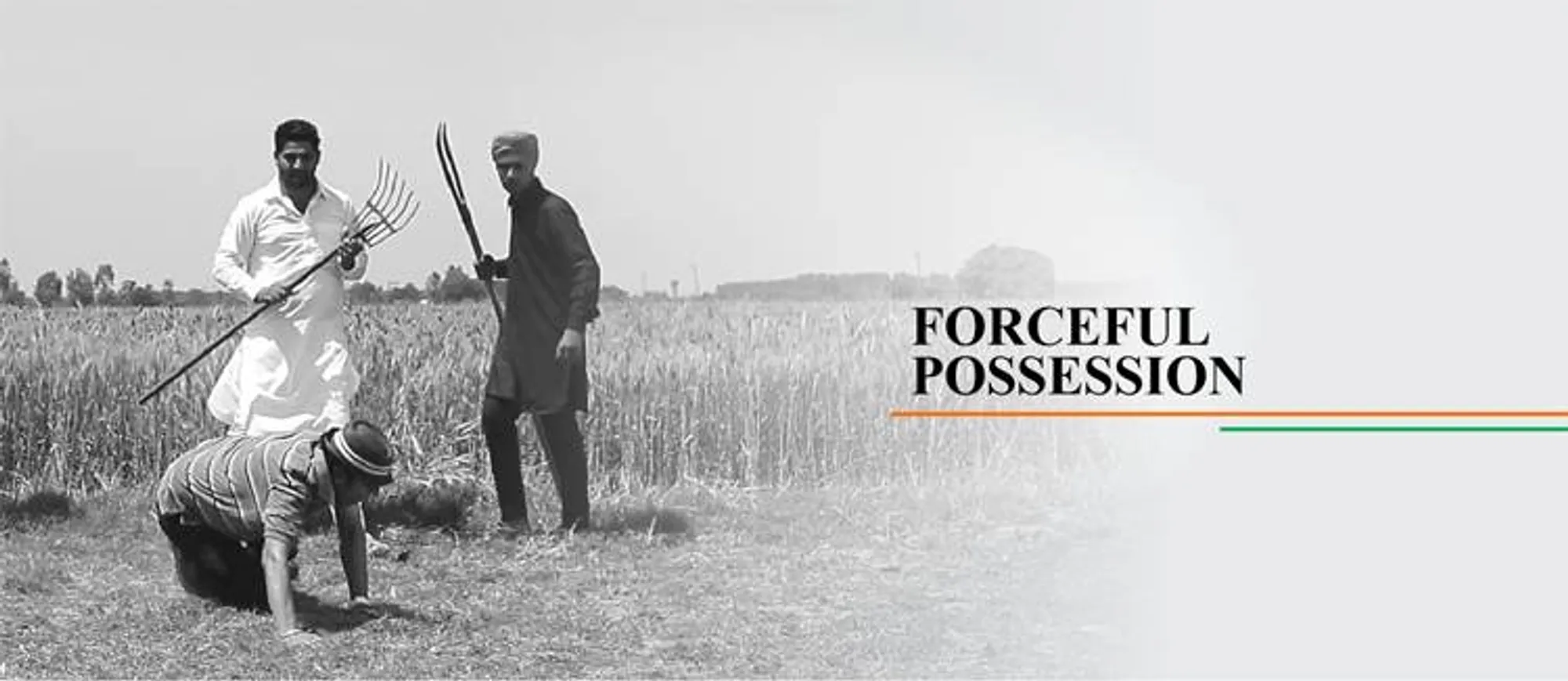Right of possession of property:
It is the right in the property irrespective of whether person is a temporary holder or long-term holder. The person with the right of possession usually has also the right to occupy and use it. The word Possession is much wider in legal parlance and includes possession whether actual or constructive and in fact or in law. However, intention, consciousness or will is an essential ingredient of possession. It has a great significance under Indian law, as it acts as a good evidence as to title in rem except against the true owner.
There are cases where possessor and property owner are one and the same. For instance, by way of prescription i.e. when the peaceful possession of property is enjoyed continuously for a long time. Conversely, in case of a Trustee of the trust property, tenant of rented land, limited owner (women before enactment of Section 14 of Hindu Succession Act), an agent holding the property on the behalf of his principal, etc., possessor and property owner are two different persons and owner has an upper hand as he also possesses the right to dispose of the property.
Forceful possession and its punishments:
Forceful possession is different from criminal possession which involves holding of prohibited articles such as illegal drugs, firearms or stolen property. Protection is provided to possession both under civil (Torts) and criminal law (Indian Penal Code, etc.) against use of force.
Force, which is synonymous to violence, compulsion, power, duress, can be interpreted widely when suffixed with possession so as to include the following:
- Theft under Section 378 of IPC i.e. taking movable property dishonestly out of the possession of any person without that person’ consent. It is punishable with imprisonment of up to 3 years or/and fine (Section 379). Imprisonment may extend to 7 years in case it is committed by a clerk or servant (Section 381).
- Extortion as defined under Section 383 i.e. dishonestly inducing a person to deliver some property, etc. by putting him in fear of injury to his person or some other person. It is punishable with maximum imprisonment for three years or/and fine (Section 384).
- Robbery under section 390 or Dacoity under section 391.
- Criminal trespass under Section 441 involves entry into or upon property in the possession of another without his consent or continues to stay there after his consent ceases to exist. According to Supreme Court in the case of Laxmi Ram Pawar v. Sitabai Balu Dhotre, a person trespasses upon land if he wrongfully sets foot on it, rides or drives over it or takes possession of it or expels the person in possession…. The Court may provide relief in the form of injunction and damages or the person could be imprisoned to the maximum of 3 months duration or/and fine upto Rs. 500 (Section 447).

